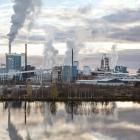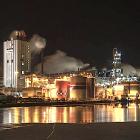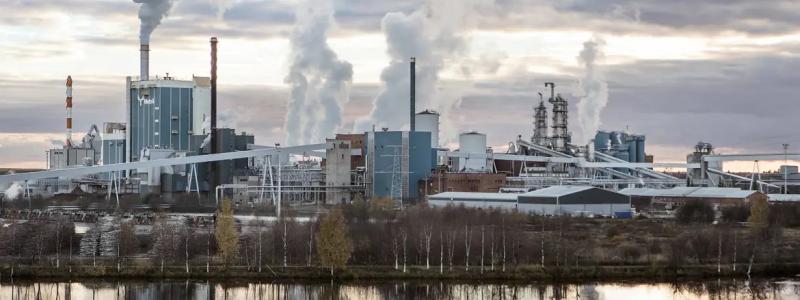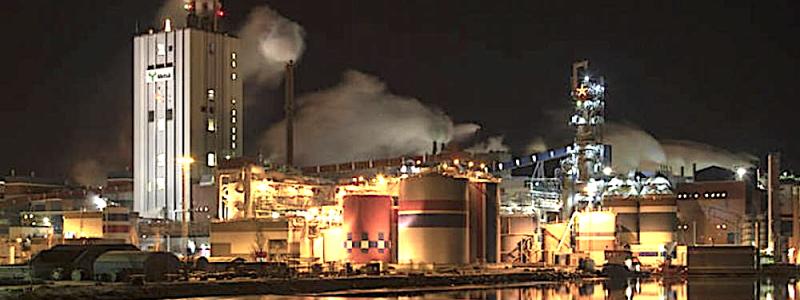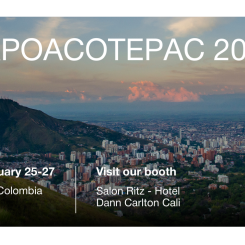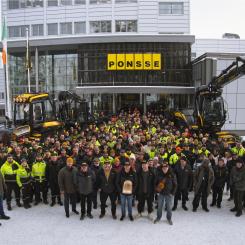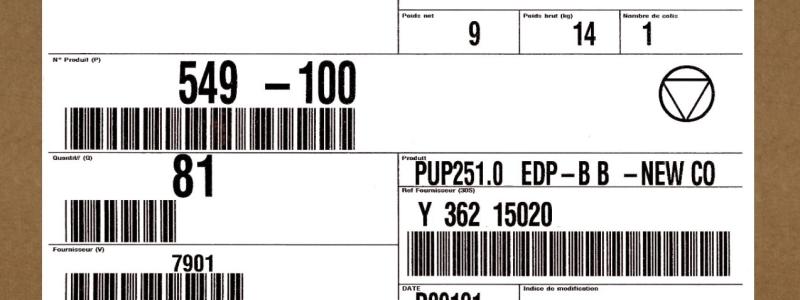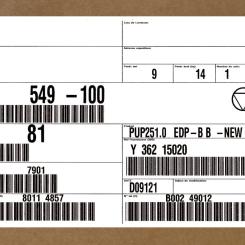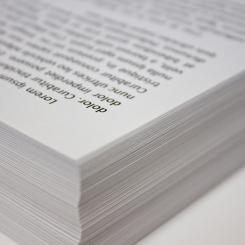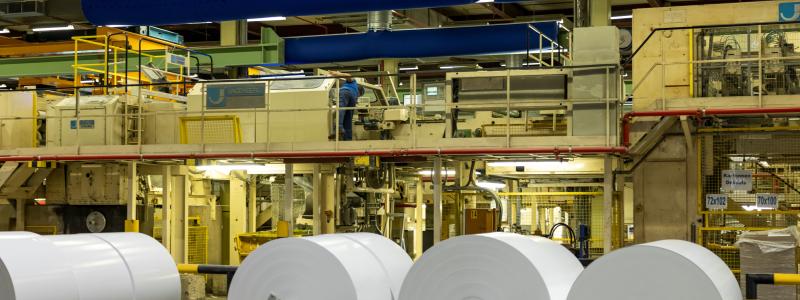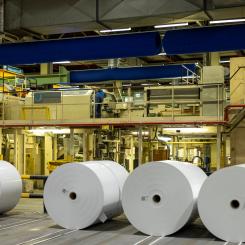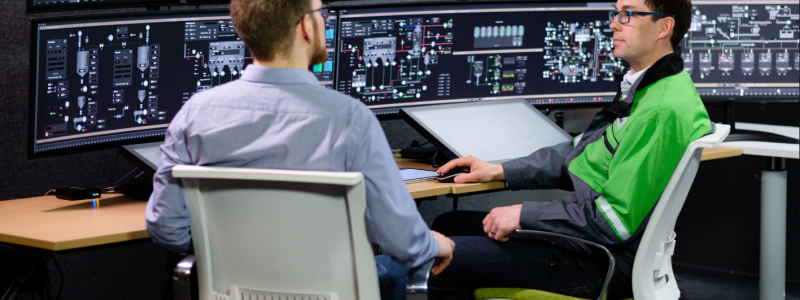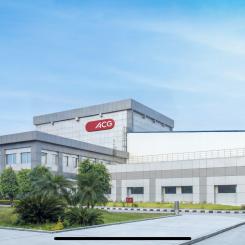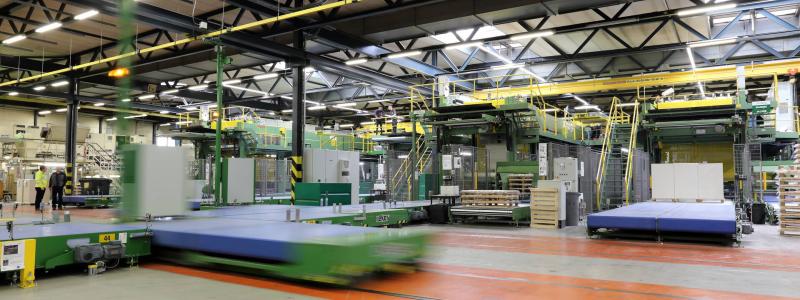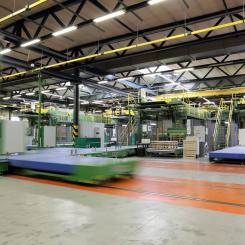By investing strongly in various environmental measures, Borregaard will reduce NOx emissions by more than 50% from 2018.
One of Borregaard’s energy sources is a bioboiler that converts residual products from vanillin and cellulose production to steam. In the process, waste oil is used as supplementary fuel, which is a source of NOx and CO2 emissions. By rebuilding the plant, waste oil will be replaced with natural gas, which is considerably more eco-friendly.
In addition, Borregaard has two spray dryers that dry the water in lignin products to produce powder. Here too the source of energy will be replaced, in this case from propane to a mixture of natural gas and biogas from Borregaard’s biological treatment plant.
These measures are estimated to reduce NOx emissions by up to 100 tons annually, as well as reducing annual CO2emissions by 14,500 tons. The measures will therefore have a positive effect both in terms of local air quality and greenhouse gas emissions.
The project will cost NOK 78 million ($9.6 million) and receive support from the Norwegian Business Sector’s NOx Fund, which will contribute up to NOK 25.9 million ($3.2 million). Completion is scheduled for the last quarter of 2018.
Borregaard has one of the world’s most advanced and sustainable biorefineries.



